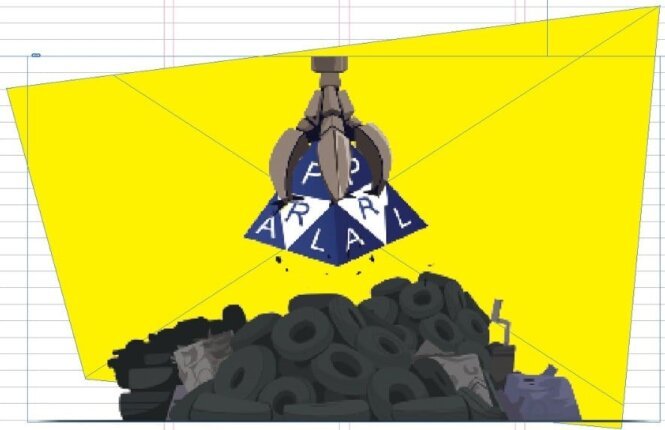Prime Minister Shehbaz Sharif has issued firm directives to abolish Pakistan Revenue Automation Limited (PRAL)—the backbone of the Federal Board of Revenue’s (FBR) digital infrastructure—within the next six months.
According to top government sources, the decision was taken last month, with the premier instructing officials to replace PRAL with a new, cutting-edge organisation led by top-tier professionals. The new body will be granted full functional and financial autonomy and tasked with driving FBR’s digital transformation.
PRAL, a fully FBR-owned private limited company, has managed core tax systems, including filing, payments, and data management, for over three decades. But officials admit its outdated software and hardware now threaten service sustainability.
Despite borrowing $400 million from the World Bank—of which $80 million was dedicated to IT upgrades—Pakistan has failed to implement key digital reforms due to overlapping responsibilities between the FBR’s Reforms and IT wings. As a result, critical systems remain underperforming, and hiring challenges have persisted, including the failure to recruit a Chief Information Security Officer for PRAL.
The PM has now called for state-of-the-art data centres, urging they be launched by August 14, but sources reveal the infrastructure is still not ready.
FBR currently runs three primary data centres in Islamabad and Karachi, but the last significant upgrades occurred in 2010, leaving systems vulnerable and inefficient. Officials say the new centres are essential for improving application performance, tax collection, data analysis, and reporting.
Despite these goals, sources warn that completely dismantling PRAL by December 2025 may create more disruption than solutions, especially since the system handles critical national tax data.
Interestingly, the PM had earlier appointed a high-profile board to reform PRAL, but the move to dismantle the entity suggests dissatisfaction with its outcomes.
In a separate development, officials also briefed the PM on the FBR’s recent backtracking on tax enforcement against the business elite. While initially vowing to restrict major purchases and disallow undocumented cash deposits, the FBR has softened its position, leading experts to believe revenue enforcement is weakening, despite commitments made to the IMF.




